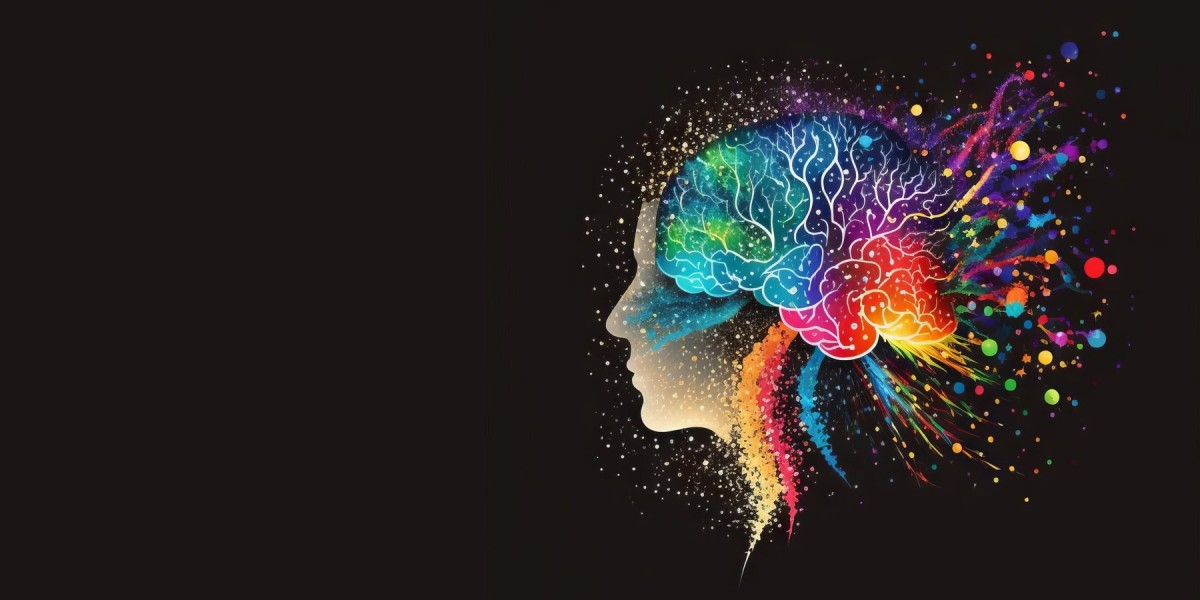a. Define Social Isolation:
The significant impact that social isolation has on anxiety et mental health is examined in this article. The absence of significant social ties, which is the hallmark of social isolation, has become a major worry in modern society. It is essential to comprehend the signs and symptoms, available therapies, and how meditation can lessen the negative effects of social isolation if one wants to promote mental health.
b. The Modern pandemic:
People of all ages and demographics are affected by social isolation, which is becoming more and more acknowledged as a modern pandemic. Since face-to-face interactions are frequently replaced by digital communication, the effects of isolation on mental health are more noticeable and demand a thorough investigation of their effects.
II. Signs of Social Isolation: Exposing the Confidential Battles
Emotional Distress and Anxiety:
Increased anxiety is a common emotional side effect of social isolation. People who don't have social ties may be constantly alone, afraid of being rejected, and anxious about social situations in advance, all of which can be detrimental to their mental health.
a. Cognitive Impairments:
Concentration and memory problems are just two examples of the cognitive impairments that might result from social isolation. The relationship between social health and mental acuity is highlighted by the possibility that a lack of mental stimulation from social contacts may worsen anxiety and cause a deterioration in cognitive function.
c. Effects on Physical Health:
Social isolation has an effect on physical health in addition to mental health. Prolonged social isolation can have negative bodily effects, including elevated stress, weakened immunity, and increased inflammation.
III. Understanding the Psychological Mechanisms at the Basis of Isolation-Related Anxiety
a. Evolutionary Perspectives:
Social ties have been essential to human evolution as we are innately social creatures. Because social relationships provide a deeply rooted sense of safety and belonging, social isolation deviates from the developed patterns of human interaction and elicits anxiety reactions.
b. Neurobiological Alterations:
Social isolation affects the brain's neurobiological composition, especially in areas linked to emotion regulation. The emotional processing center of the brain, the amygdala, becomes too sensitive, which heightens anxiety reactions in social settings.
c. Effect on Self-Perception:
Negative shifts in one's sense of self-worth and self-perception might result from social isolation. A vicious cycle of anxiety and barriers to meaningful connections can be reinforced when people internalize experiences of rejection and form false views about their social abilities.
IV. Intervention Techniques: Taking the Road to Healing and Reunification
An effective method for addressing the emotional and cognitive aspects of social isolation is psychotherapy, which includes cognitive-behavioral therapy (CBT) and interpersonal therapy. Therapeutic interventions give people a secure setting in which to examine their emotions, confront unhelpful thought habits, and cultivate more positive views on social relationships.
a. Social Support Networks and Group Therapy:
Participating in social support networks or group therapy gives people a way to meet people going through comparable struggles. Mutual understanding and shared experiences help people feel like they belong, which reduces the anxiety that comes with being alone and opens doors to deep friendships.
c. Volunteering and Community Engagement:
Getting involved in volunteer work and community events can help build social connections. Taking part in activities that are in line with one's interests gives one a sense of direction and makes it easier to make new social connections, which lessens the anxiety that comes with being alone.
V. Developing Inner Resilience through Meditation as a Mindful Reaction to Social Isolation
a. The Use of Mindfulness Meditation to Reduce Anxiety:
Research shows that mindfulness meditation is an effective way to lessen the anxiety brought on by social isolation. Developing present-moment awareness and accepting oneself without passing judgment helps people deal more resiliently with the emotional strain of being alone.
b. Kindness and Loving Connectivity through Meditation:
The goal of loving-kindness meditation is to cultivate compassion and kindness toward oneself and other people. By incorporating this technique into everyday routines, one can cultivate a mindset of warmth and connectedness, which mitigates the detrimental effects of social isolation on one's self-perception and encourages a more optimistic view of social interactions.
c. Mindful Self-Compassion Practices:
These techniques, which are based in self-kindness and mindfulness, teach people to treat themselves with the same compassion and understanding that they would extend to a friend. These activities support a more positive mental state by offering a calming counterbalance to the severe self-criticism that is frequently made worse by social isolation.
VI. Making Deep Connections: A Comprehensive Strategy for Overcoming Isolation
a. Developing Social Skills:
One proactive way to combat social isolation is to hone and develop social skills. Social skills training gives people the tools they need to navigate social situations confidently, form relationships, and communicate effectively—all of which eventually help people feel less anxious.
A treatment strategy known as "gradual exposure to social situations" enables people to face and overcome the anxiety that comes with social interactions. This research-proven method helps people gradually increase their tolerance and confidence. It is frequently applied in the treatment of social anxiety.
c. Fostering Interests and Hobbies:
Following interests and hobbies opens doors to meet people who share your interests. Passions that are shared naturally lead to social interactions that build relationships based on shared interests and ease the nervousness that comes with being in new social circumstances.
VII. Recap: From Seclusion to Reestablishment of Relationship
In summary, knowing how social isolation affects anxiety and mental health paves the way for recovery and reconciliation. A holistic approach includes acknowledging the symptoms, investigating treatment options, and incorporating mindfulness exercises like meditation into regular routines. People can reclaim their mental health and start along a path of healing and growth by making meaningful connections, developing inner resilience, and accepting the journey from social isolation to restored links with others.







